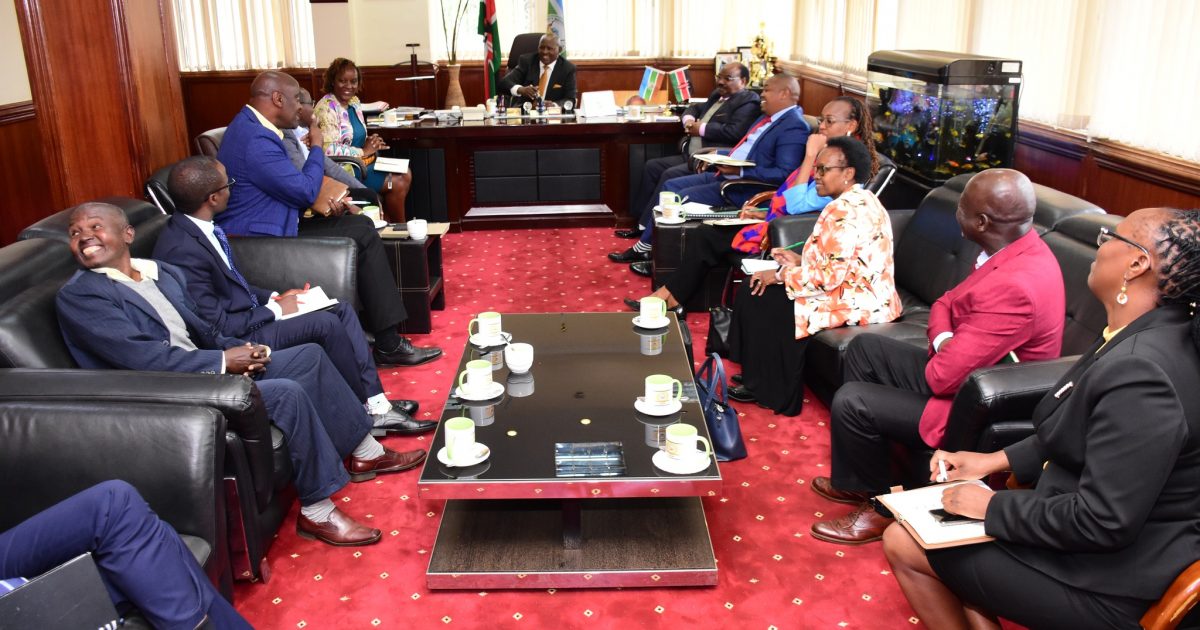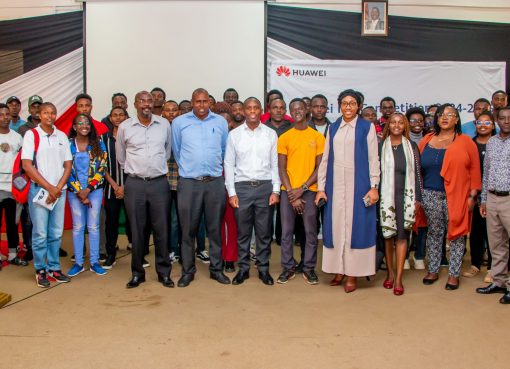Reforms in the coffee sub-sector have started to take shape in Nyeri County as stakeholders move to reclaim the once-lucrative sector.
A meeting held between Nyeri Governor Mr. Mutahi Kahiga, Members of Parliament from the county, representatives of smallholder coffee farmers and those from coffee cooperatives, resolved to ramp up coffee production as the first major step towards reviving the dwindling coffee farming in the county.
The leaders from the coffee growing constituencies of Nyeri Town, Tetu, Mathira, Othaya, Kieni and Mukurwe-ini reckoned that by increasing the quantity of cherry produced by smallholder coffee farmers, the county will have better chances of reaping good returns from the sale of the commodity in the coffee auction house.
“We are focusing on increasing production in Nyeri. What this will ultimately do is increase the bulk coffee that we produce in the county and that will give us leverage in the coffee trade market,” said Kahiga.
According to the county boss, Nyeri loses about three million coffee bushes annually as farmers opt out of the one-time lucrative farming venture.
To kick start the plan, the county department of Agriculture has been directed to provide extension services to coffee farmers to ensure maximum and quality production. The leaders are keen on increasing the average production from the current two kilograms to 10 kilograms of cherry per coffee bush annually.
As an additional boost to the farmers, the 23 coffee cooperatives in the county are expected to create an enabling environment for the coffee farmers to access credit facilities and farm inputs mostly pesticides and fertilizers which are still beyond the reach of the farmers.
“We are taking charge of coffee production in the county by putting in place structures that will ensure the smallholder farmer, who owns the coffee reap maximum benefit regardless of other pre-existing players such as coffee marketers in the coffee value chain,” said the governor.
A report by Agriculture and Food Authority (AFA) Coffee Directorate showed that the country’s annual coffee production for the year 2021/2022 had increased to 51,583 metric tonnes from 34, 000 metric tonnes in 2020/2021. The 17,000 metric tonnes increase represented a 47 percent increase and was attributed to a raft of measures taken by the government to revive the ailing sub-sector.
The meeting in Nyeri comes barely a month after Deputy President, Rigathi Gachagua convened a coffee summit in Meru County whose main object was laying down a framework to revitalize the sub-sector. The two-day summit culminated with key resolutions including the re-establishment of the Coffee Board of Kenya which will oversee the industry at the national level.
The summit also resolved to set up a Coffee Federation whose sole function will among others bring together farmers and relevant stakeholders in the sector. There were also proposals to increase the budgetary allocation for extension services for more farmers to benefit from the service.
Other notable recommendations include the restructuring of funding modalities targeting the sector including the Cherry Fund, Coffee Development Fund and Commodity Fund to make them friendlier and more accessible to farmers. They further want to make the National Coffee Cooperative Union (NACCU) an umbrella body tasked with setting coffee prices.
There were also calls for the construction of coffee aggregation centres to improve the quality of the coffee and fetch higher prices.
By Wangari Mwangi and Samuel Maina





